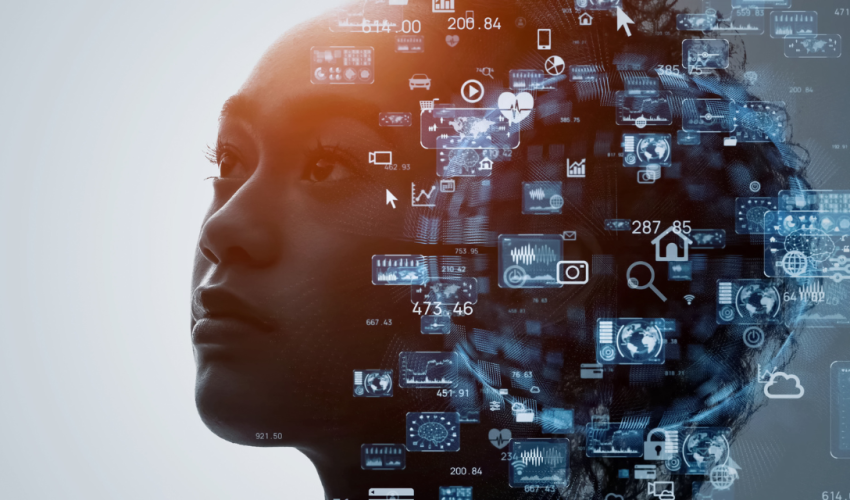In the landscape of modern education, we find ourselves at a crossroads. The traditional methods that have underpinned our learning systems for generations are now being challenged by the diverse needs of students across the globe. It’s becoming increasingly clear that the one-size-fits-all approach is outdated, unable to cater to the varied paces and styles of learning that characterize our world. This is where Artificial Intelligence (AI) steps in, heralding a new dawn for education with the promise of personalization, adaptability, and accessibility.
At the heart of this transformation is the need for personalized learning. Classrooms everywhere are filled with students who have their unique strengths, weaknesses, and ways of processing information. The cookie-cutter methods of the past simply can’t address these differences effectively. But imagine a system where learning is tailored to each individual, where educational content is adapted based on the learner’s performance and preferences. This isn’t just a hopeful vision for the future; it’s a reality being shaped today by AI. Tools and platforms powered by artificial intelligence are already making strides, offering lessons that adapt in real-time to suit the needs of each student.
However, personalization is just one piece of the puzzle. Accessibility is another critical area where AI is making waves. For students with disabilities, AI-powered solutions are breaking down barriers, providing personalized resources and interfaces designed to meet their specific needs. Moreover, AI is democratizing education, making high-quality learning materials accessible to underserved communities and remote areas. This aspect of AI could very well be the key to bridging the global educational divide.
But AI’s influence extends beyond just personalizing learning and making education more accessible. It’s preparing students for a future that will be dominated by technology. The workplace of tomorrow will require not just knowledge of AI and tech but a set of skills that are nurtured best in an AI-enhanced learning environment. Skills like adaptability, problem-solving, and critical thinking are increasingly important, and AI in education is uniquely positioned to help develop these competencies.
As we look to the future, my vision for AI in education is one of transformation and empowerment. It’s about leveraging this technology to not only make learning more effective but to redefine the role of educators, allowing them to focus on mentorship and personalized guidance. Yet, as we embrace the possibilities, we must also navigate the ethical landscape carefully, ensuring that AI serves to complement the human element of teaching, not replace it.
The broader societal impact of AI-enhanced education is profound. By leveling the educational playing field, AI has the potential to significantly reduce inequality, fostering a more inclusive society. Moreover, by equipping the next generation with a deep understanding of and proficiency in technology, we’re laying the groundwork for innovation and progress that we can scarcely imagine.
As we stand on the brink of this new era in education, it’s clear that the journey ahead will require collaboration and dialogue among educators, technologists, and policymakers. The goal? To ensure that AI’s integration into education is thoughtful, ethical, and, above all, focused on enriching the learning experience for all. The promise of AI in education is not just about enhancing how we learn; it’s about creating a future where everyone has the opportunity to achieve their potential.
